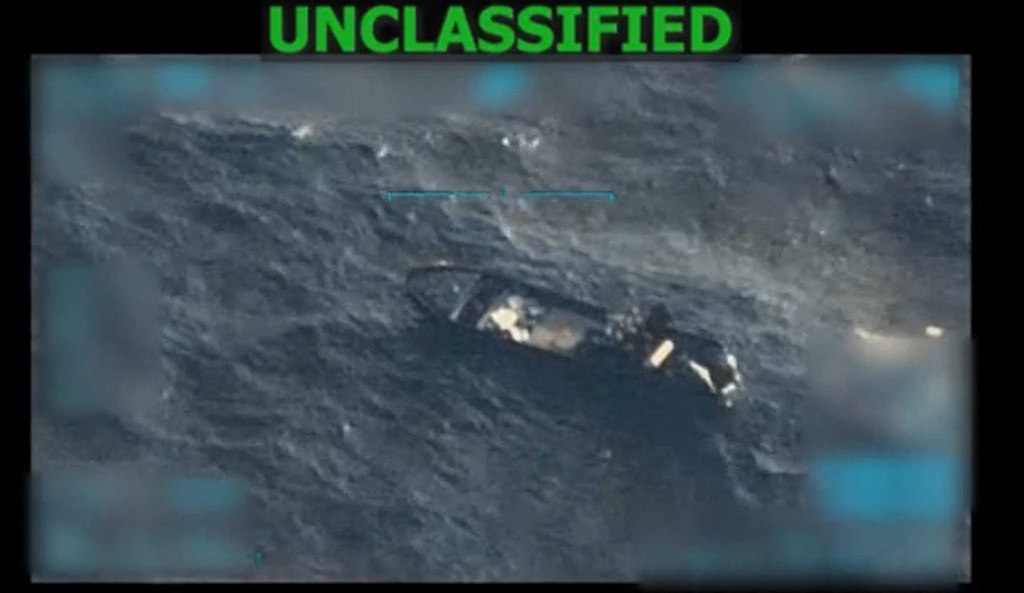In a significant development in the ongoing U.S. military campaign against drug trafficking, President Donald Trump announced on Saturday that the United States had targeted and destroyed a suspected drug-smuggling submarine in the Caribbean. The operation resulted in the deaths of two individuals, while two others were apprehended and are being repatriated to their home countries, Ecuador and Colombia, for prosecution. Trump described the vessel as a ‘very large drug-carrying submarine’ loaded with fentanyl and other narcotics, emphasizing its interception on a known narcotrafficking route. This strike, announced on Friday, marks the latest in a series of U.S. military actions aimed at disrupting the flow of illegal drugs from Latin America to the United States. Since September, at least six vessels, primarily speedboats, have been targeted in the Caribbean, with some allegedly originating from Venezuela. While Washington claims these operations are delivering a decisive blow to drug trafficking, critics argue that the lack of evidence regarding the identities of those killed—at least 27 so far—raises legal and ethical concerns. Experts have pointed out that such summary killings are unlawful, even if the targets are confirmed drug traffickers. The origin of the submarine remains undisclosed, though semi-submersibles, often constructed in clandestine jungle shipyards, have long been used to transport cocaine from South America, particularly Colombia, to Central America or Mexico, typically via the Pacific Ocean.
Trump says US to repatriate survivors of strike on ‘drug-carrying submarine’ in Caribbean
